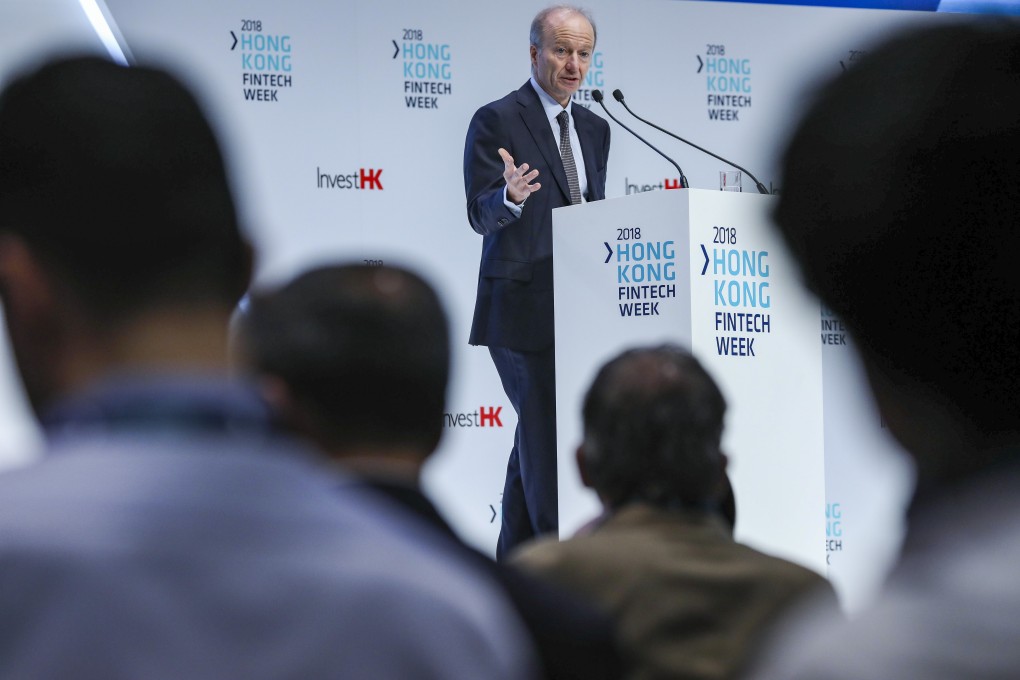China pushed for the surprise reappointment of Ashley Alder to keep his ‘steady hand’ at the Hong Kong SFC amid turbulent times
- China’s government proposed that Ashley Alder stay on as head of Hong Kong’s Securities and Futures Commission in part because he’s viewed by foreign investors as a steady hand at a time of heightened economic and political turbulence, according to people familiar with the matter
- His reappointment was announced just days before China unveiled plans to impose controversial national security legislation on Hong Kong

While it’s not unusual for China’s government to give input on key Hong Kong personnel decisions, the Alder case is notable because Beijing appears to have originated the idea for his last-minute reappointment. That could add to concerns about increased Chinese meddling in Hong Kong affairs, even though Alder is considered by many market participants to be an independent and effective regulator.
His reappointment was announced just days before China unveiled plans to impose controversial national security legislation on Hong Kong. The move roiled local markets and has been criticised for undermining the city’s judicial independence, a feature that underpins its status as a hub for international companies and investors.

Hong Kong officials have in recent days been touting the benefits of greater financial integration with China, with Chief Executive Carrie Lam saying on Tuesday that the city should be “promoting greater connectivity” between the two markets. Financial Secretary Paul Chan said in a Bloomberg Television interview on June 5 that Hong Kong is ready to defend its currency’s link to the US dollar with support from the mainland.